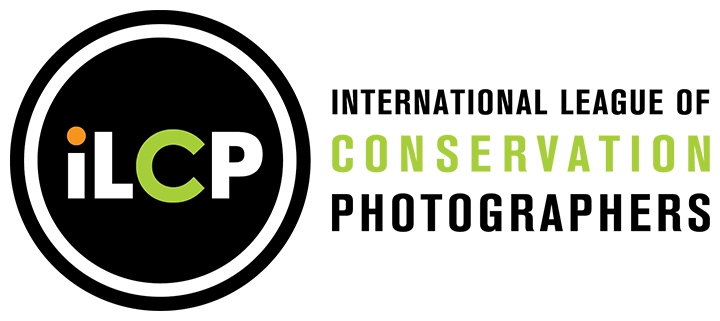1Frame4Nature | Robin Moore
What YOU Can Do:
- Follow the Search for Lost Species, and get involved, at LostSpecies.org.
- Say no to palm oil to save endangered species. The equivalent of 300 football fields of rainforest is destroyed every hour to make room for palm oil plantations. Avoid products- from shampoo to peanut butter to frozen pizza- containing palm oil and call on companies to adopt responsible policies.
–1Frame4Nature is a collection of images and stories from around the globe of your personal connection to nature. However small, when combined with the actions of others, your individual actions can impact real and tangible outcomes for the preservation of our planet. Submit your story now!
iLCP Senior Fellow Robin Moore‘s 1Frame4Nature: The Search for Lost Species
In early 2010 I pulled together a poster of the ten “Most Wanted” amphibians that led to a global search for frogs and salamanders lost to science. A little battle-weary from the unabated extinction of frogs and their kin, and seeking hope in the face of despair, I was buoyed by the improbable reappearance in Costa Rica of the Variable Harlequin Frog and inspired to wonder: what else might be out there?

The Variable Harlequin Frog, Atelopus varius, reappeared in 2003 after a pandemic fungus swept through Costa Rica and Panama in the late 1980s into the 1990s, wiping out populations and entire species of frogs.
Within months, thirty-three teams were scouring rainforests and wetlands across 20 countries on a quest to find some of the most elusive creatures on earth, regaling a rapt audience with tales of exploration fueled by unbridled optimism and all-too-often ending in crushing disappointment. As the media and public tuned in for the ride, my stomach turned at the prospect of failure. What if we did not find a single lost species?

The Long-limbed Salamander, Nyctanolis pernix, was rediscovered in 2009 in the cloudforests of northern Guatemala after an absence of three decades.
The long odds made the quest captivating – the promise of what could be undoubtedly more compelling than the cold reality of what we know to be. And then, as rediscoveries were made, near-mythic creatures were elevated to icons of hope by the mere expedience of survival.

The Bornean Rainbow Toad – one of the top 10 most wanted amphibians in the world – was rediscovered 87 years after it was last seen in the Bornean Highlands.
Last month we launched the Search for Lost Species. As Communications Director with Global Wildlife Conservation I found myself surrounded by a team of passionate and driven individuals eager to spearhead an even more ambitious campaign. Over months we built a list of more than 1,200 species unseen in decades, and whittled it down to a 25 Most Wanted. We enlisted artists to depict the species and actor Daniel Craig to announce the search as a red-footed tortoise emptied its bladder onto his feet.

The Pink-headed Duck, painted by artist James Prosek for the campaign, was last seen in 1949 in India.
Why search for lost species? When I launched the search for lost frogs I was accused of sending mixed messages by offering even a glimmer of hope. The only narrative we should be pedaling, I was told, was one of an apocalyptic future. But the overwhelming reaction to the campaign opened my eyes to the notion that narratives around conservation do not need to be either dystopian or utopian –because life is rarely so black and white – and apocalyptic narratives are more likely to paralyze than mobilize. I learned that a sprinkling of hope goes a long way in engaging people, who are more likely to engage with us if we invite them on our journey of discovery rather than lecture them on what we know. And so I have committed to seeking out narratives that encourage people to join me in engaging in a more intimate relationship with living nature; narratives that inspire rather than depress, and empower rather than guilt. I believe that this is the biggest contribution to nature that I can make right now.
—————————————————————————————————————————
This article is brought to you by the 1Frame4Nature Campaign. Share a picture and story on Instagram with the hashtag #1Frame4Nature, of your personal connection to nature and tell us what action you’ve taken on behalf of our planet.


